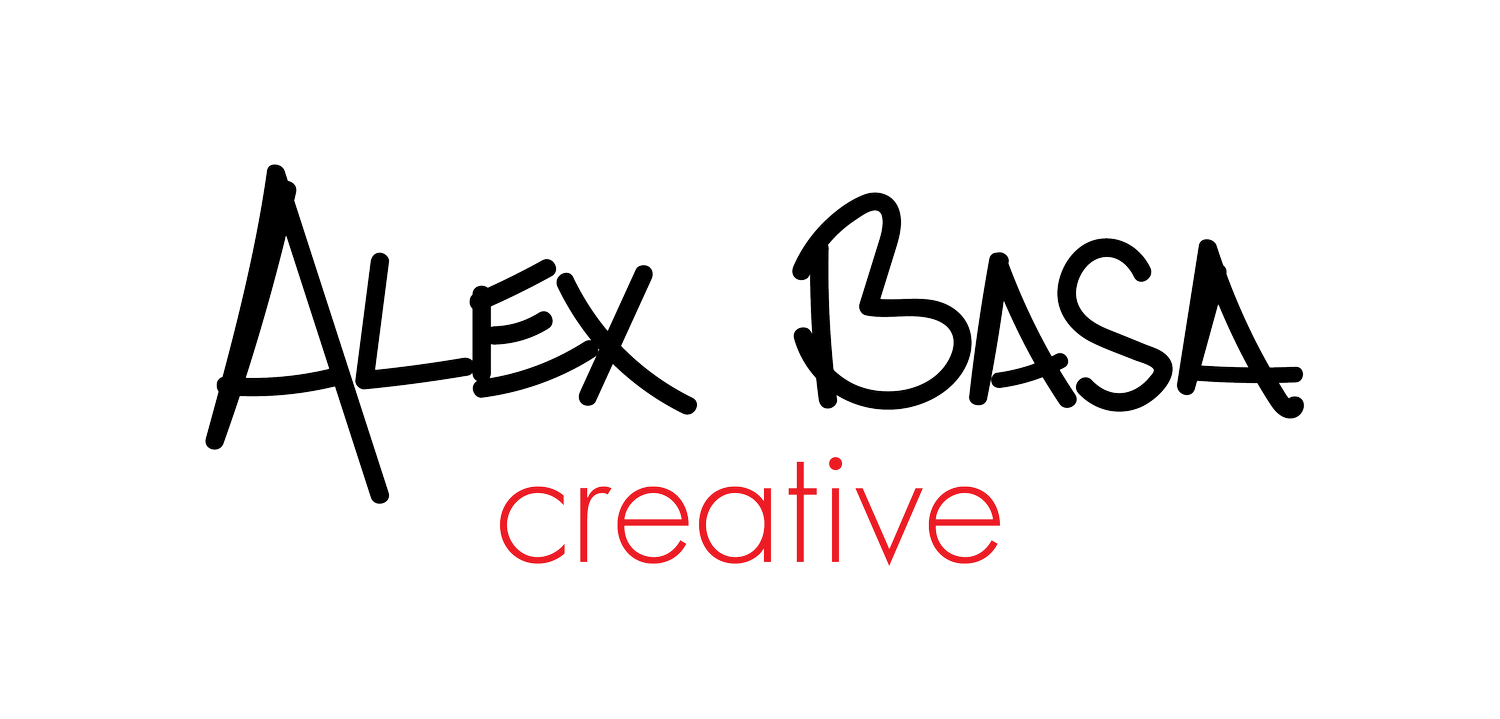Full disclosure: this is just the opinionated rambling of a straight, cis-gendered, Asian male—fairly high up on the privilege totem pole. I am not academically educated in the subject matter, nor am I certified as a life coach or anything. All I know is that I rate myself as having a pretty high measure of self-esteem, and these are the tips I’ve gathered along the way to get me there. Starting with perhaps the least obvious, but most intuitive:
1) Self-esteem, like most things, is a skill.
Like riding a bike, self-esteem is something you have to practice. I imagine there are few people who are born with the innate ability to ride a bike. Similarly, we have to learn how to keep ourselves in high self-esteem. If you feel more comfortable, start small: tell yourself—out loud—that you were proud of something you did. Maybe you sent an email you’ve been dreading. Maybe you made your bed after not having done that for weeks. Maybe you did your laundry when it felt like an insurmountably daunting task just yesterday. It might sound silly, and you might sardonically congratulate yourself by saying, “Wow, you did something all normal functioning humans can do. Good job.” But I urge you to fight that reflex and genuinely congratulate yourself with sincerity: “I did good.”
The thing that’s hard to break away from (and the thing that probably takes the most time to do) is the imposter syndrome of self-esteem. You may feel like you don’t “deserve” congratulations or praise. And that might be because you were never externally validated for doing things in your past. Or maybe you were always expected to “do better,” no matter how proud of yourself you happened to be in the moment. The problem with not getting enough external validation as a young person is that we develop into grown ups without the verbal tools to know how to self-validate. And if this sounds like you—if B+ was never a good enough grade for your parents—then you’ll need to learn how to be proud of yourself. Remember: we all deserve to feel proud of ourselves.
2) If small self-congratulations don’t feel right, self-aggrandize.
So, maybe you’re not the type who feels good about genuinely congratulating yourself for something “normal people should be able to do” (your words, not mine). That can be a pretty hard hump to get over. If that’s the case, then try dialing it up to 11 and use self-aggrandizing language with yourself. I picked up this trait by accident, but I’ve noticed that it’s a really helpful one for increasing one’s self-esteem in a silly, but fun, way. Here’s an example:
You’re walking up some stairs with some friends, and as you come to the last step, you stumble and fall to the ground. You might feel a bit embarrassed in the moment. But then you say, “I am truly the most graceful person on the planet,” as you get up and dust yourself off.
That’s self-aggrandization. Whenever you fumble something, use humor to say the opposite of how you feel and go even further. It usually gets a laugh from your friends, and that can be a huge alleviator on all the social stress of looking silly. When you get the hang of saying something like “I’m truly the most careful person alive,” after spilling a soda at the dinner table, try self-aggrandizing with positive things, too. Here’s another example:
You’ve just finished learning how to cook a new dish. You plate it, eat it, and it was actually pretty damn good. You say out loud, “Eat your heart out, Gordon Ramsay.”
Self-aggrandization is a great pathway to positive self-esteem because you and people around you know you’re kidding, but you’re also practicing saying something nice about yourself. Which is better than the alternative, and leads us to the next tip…
3) Don’t say anything about yourself that you wouldn’t want people to agree with.
Self-deprecation is the opposite of self-aggrandization. And it’s what most people find themselves leaning into, unfortunately. See if any of these things sound like you:
I’m sorry I’m late; I’m the worst.
Sorry for forgetting your birthday; I’m literally trash.
God, why did I wear this outfit? It’s so extra.
Does my makeup look stupid?
I wish I was prettier.
I’m such an idiot.
The thing about self-deprecation is that it can often start as a defense mechanism: we’ll say the bad things first because, well, everyone’s already thinking it, right? So if I say it first, they can’t say it, and then it won’t hurt me as bad. We think that “acknowledging our flaws” makes us “humble,” or that it “gives us permission” to be flawed, or that it shows we’re aware and contrite about something. But the truth is that self-deprecation just hurts us. People who care about you will never say things to hurt you on purpose. And above all others, we should want to care about ourselves the most. So don’t say bad things about yourself.
If you need a different kind of motivation, consider that self-deprecation not only makes us get used to hating ourselves; it also makes those around us uncomfortable. When you self-deprecate, you often socially force others to externally validate you, which can get exhausting if done too much. You’ll sometimes hear people lament that “So-and-so is always fishing for compliments,” and you don’t want people to view you that way. This is why self-validation is such an important skill to learn.
4) Practice gratitude.
This one is actually pretty vogue in the social landscape lately, and I’m actually quite thankful for it (see what I did there?). Conceptually, gratitude is a no-brainer. But it’s a skill that can be difficult to master, probably for evolutionary reasons. I think Heath Ledger’s Joker said it the best in Christopher Nolan’s The Dark Knight (albeit in a more macabre way than I’m saying):
“Nobody panics when things go according to plan.”
—Joker, The Dark Knight
Humans generally expect things to go right. It’s our default. And because of that, we tend to take things for granted. But when something bad happens, it consumes us.
“You’re such a self-pitying masochist that I could say 10 nice things and 1 mean thing, and you would only hear the 1 mean thing.”—Princess Carolyn, Bojack Horseman
Kinda related: you should definitely watch Bojack Horseman if you haven’t already. Anyway, when you practice gratitude, you start to see things for how good they are rather than how good they aren’t. It’s deceptively simple, but it goes something like this: list 5 unique things you’re thankful for a day. Eventually, you’ll be able to do it in real time. And if you need help keeping track of it, try this gratitude journal from Munich-based educational YouTube channel, Kurzgesagt (I am not sponsored by them in any way. I’m just a really big fan).
How does this help with your self-esteem? Well, by being grateful about things at large, you’ll also naturally end up listing things about yourself. Maybe you’re grateful that you have a roof over your head, which means you’re grateful that you have a job that’s sustaining you, which means you have a skill that you’ve learned, which means you’re probably good at something. There’s a lot to be thankful about you being you. You just have to teach yourself how to be good at recognizing it.
5) Be patient and forgive yourself.
Seldom few people get this right from the get-go. And the older we are when we start this stuff, the harder it becomes to internalize and make habitual. So it’s okay if you slip up sometimes. If one day, you’re feeling extra low and you can’t seem to stop beating yourself up, it’s not going to help if you then also beat yourself up for beating yourself up. Let yourself feel bad sometimes. Tell yourself that it’s okay. Forgive yourself for being mean to yourself. Low self-esteem is a bitch and a half to get over. But when you feel like you’ve gotten through it, get back to telling yourself how fucking awesome you are.
Conclusion:
If you want to track towards positive self-esteem in the way I did, try these five things:
Practice it a lot, and start small
Self-aggrandize both your mistakes and successes
Don’t self-deprecate
Practice being grateful
Forgive yourself
Positive self-esteem is a learning game, and different people start out with different measures of self-esteem. Also, you may need more help than some random kid’s blog post on the Internet. So if you’ve been struggling with feelings of self-loathing for a while, it might be a good idea to consult a professional like your doctor. It could be a sign of clinical depression. Your brain, just like your kidneys, is a vital organ—arguably the most vital organ—in your body. And just like you’d take care of your kidneys in the case of a hepatic event, you should also check in on your brain if you feel like your brain chemistry isn’t normal. Good luck, and I love you ❤️

























